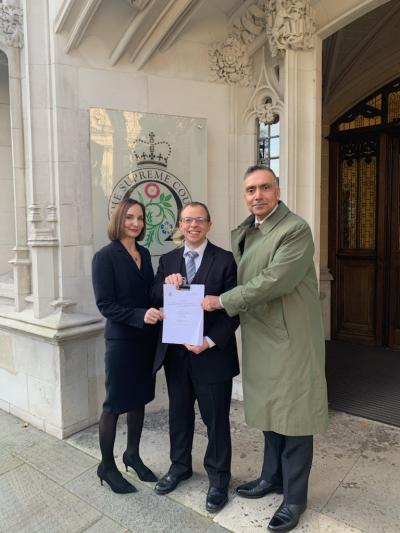The law applying to these types of injunctions had been in a state of flux since 2021 but today’s judgment has settled the law in favour of local authorities – and is described as a 'game changer'.
Since 2015 a number of local authorities have sought injunctions against 'persons unknown' – individuals who, at the time of the granting of the injunction, are neither defendants nor identifiable. People who breach these injunctions will be in contempt of court.
The High Court 'called in' 16 such injunctions secured by a number of councils including Wolverhampton for review and, in May 2021, ruled that they could not apply against newcomers who were not parties to the proceedings at the point the injunction was granted. As a result, the High Court was unable to grant the council’s application to renew the street racing injunction in 2021.
The council, along with 11 other local authorities with injunctions served against persons unknown, successfully appealed to the Court of Appeal in January 2022, enabling a number of injunctions to be reinstated.
The council, with the support of the other Black Country boroughs and West Midlands Police, subsequently applied for a new street racing injunction for the region. This was granted in December 2022 but only on an interim basis pending the Supreme Court’s judgment. There will be a further hearing about the street racing injunction next month at which today's judgment and its impact will be considered.
Councillor Stephen Simkins, Leader of the Council, said: "This is a game changer and a judgment of national importance.
“It will allow councils up and down the country, in appropriate circumstances, to apply for injunctions to help restrain those bent on causing mischief, nuisance and anti-social behaviour which, if left unchecked, would prevent councils from being able to deliver for the local communities which they serve.
"Our council is renowned for conducting itself in as proportionate way as possible – this Supreme Court decision vindicates our approach in seeking these injunctions and arguing so steadfastly for these injunctions to remain available.
"We will not, of course, rest on our laurels and will always ensure there is a compelling justification and need when seeking such injunctions in the future. However, the Supreme Court has confirmed the availability of persons unknown injunctions and, where appropriate and in the interests of the people we serve, we will not hesitate to take advantage of this decision."
Lord Briggs of Westbourne, Justice of the Supreme Court of the United Kingdom, said: "Although injunctions against persons unknown are a new development in the law, they may, subject to proper safeguards, be granted to ensure compliance with the law where there is shown to be compelling need to do so and no other remedy appears likely to be effective for the purpose of ensuring compliance with the law."
Councillor Simkins added: "I would like to thank our Legal team who have taken the lead on these persons unknown injunctions and taken the challenge to the higher courts, for their efforts in fighting this case and achieving this result."
